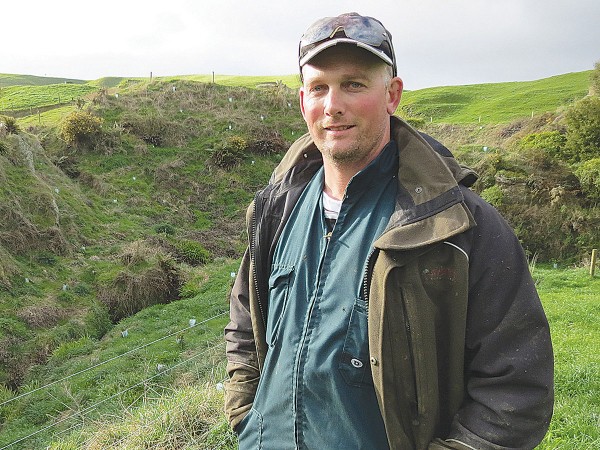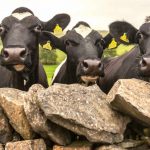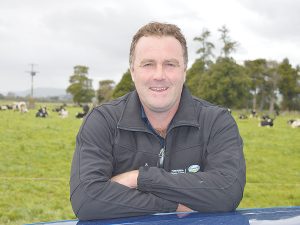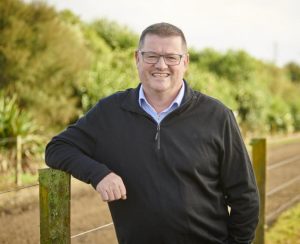
Dairy farmers want more Kiwis to move into the industry and domestic unemployment is high due to COVID-19.
They are also arguing for relaxed immigration restrictions for skilled dairy workers. What’s the problem?
The New Zealand dairy industry has made no secret of its reliance on migrant labour to keep our farms working. To date, this system has suited migrants, farmers, the economy and the Government – with a wave of reliable workers coming to fill roles that many New Zealanders don’t want to do.
The combination of a lack of available and keen workers in the rural areas, and a ready and able immigrant workforce, has led to the wide range of nationalities working in cowsheds around the country.
Covid-19 has turned all this on its head. The unprecedented closure of the New Zealand border has completely stopped the flow of workers literally overnight.
The unluckiest have found themselves stuck in their home country after being away attending family events such as births, weddings or funerals. Their life here is now in limbo; houses, possessions, vehicles and pets all sit waiting for them to return – which seems increasingly unlikely.
Others were ready to enter the country to start a new role. Instead, they’ve been left with travel and immigration debt and no job.
Both scenarios have left many NZ employers with an empty space on their farm team that is proving hard to fill.
Those migrants still working in New Zealand are also facing uncertain times. A stand-down requirement is pending for many low-skilled workers, an enforced 12-month period away from New Zealand – after spending three years here working in ‘low-skilled’ farming roles.
After extensive lobbying by Federated Farmers and DairyNZ, this has been delayed until next year. However, now these ‘low-skilled visas’ must be renewed every six months – putting the employee and the farmer through the expense and uncertainty of a visa renewal twice a year.
This requirement can be avoided by paying lower-skilled roles a minimum of $25.50 an hour. This rate may seem reasonable, but when coupled with subsidised accommodation, farm meat and other benefits of farm life – total remuneration for lower level dairy assistant roles rising to rival senior and management staff wages on farm.
This condition also jeapordises the long-standing mechanics of the dairy season, where workers on salaries usually have a quiet winter period with low hours before the long days of calving and peak milk production.
We want to see more New Zealanders in the sector, but where are these people? A recent Federated Farmers request for Ministry of Social Development Skills Match Reports of Kiwis suitable for work on farms came back with ‘suitable clients locally for this type of work – zero’, from across the country.
There are forecasts of record unemployment following COVID-19 and the Government wants these New Zealanders to fill our vacancies on-farm. Visions of Queenstown tourism guides moving to Balclutha or Auckland baristas upping sticks and settling in the heart of the Waikato have more than a few farmers scratching their heads.
There are similar aspirations underway in pest management. TV news recently broadcast red-faced, soft-handed new recruits swinging axes at a sea of wilding pines, presumably because no one was qualified to operate a chainsaw.
Training initiatives such as ‘GoDairy’ are working to get Kiwis ready to work on farm. However, this takes time and some on-farm roles are technical and skilled.
Right now, the industry needs to hold on to all the experienced people they can. New Zealand needs the primary industries to run at full capacity after the lockdown. That means having the right people to do the jobs on farm now.
Recent concessions on migrant visa conditions have been welcome, but these are essentially just kicking the can down the road.
We recognise employment of New Zealanders is a government priority. But when it comes to the dairy sector there are practical, short-term barriers standing in the way.
Dairy farmers need the government to recognise these barriers and pull the levers to let all New Zealand farmers, migrants or otherwise, just get on with the business of farming.
• Chris Lewis is Federated Farmers national board member

























